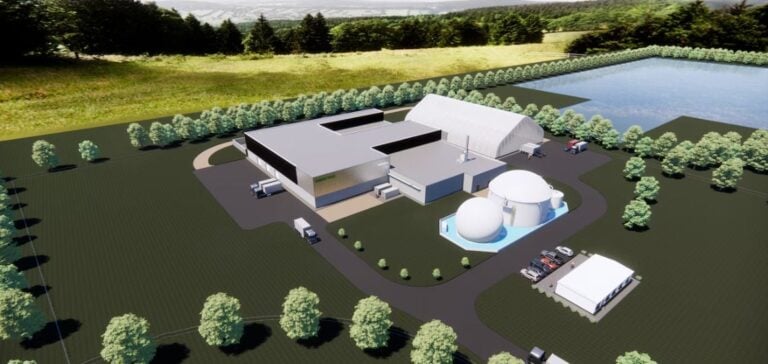The governments of Canada and Quebec are jointly investing $26.4 million to support the Énercycle project, focused on the recovery of organic materials through biomethanization and composting.
Located in Saint-Étienne-des-Grès, this center will process 35,000 tonnes of organic matter annually, contributing to a reduction of 3,286 tonnes of CO2 equivalent per year. The infrastructure will enable biomethane to be injected into the gas network, an initiative that is part of the broader residual materials management strategy in Quebec.
The work includes construction of the facilities needed to transform organic waste into biomethane, an energy resource that will be reinjected into Energir’s network.
The project, costing a total of $75.7 million, is scheduled for commissioning in autumn 2026.
In addition to public funding, it mobilizes local resources to meet the Quebec government’s environmental objectives.
Public Investment and Environmental Strategy
The financial contributions come from the Invest in Canada Green Infrastructure Program and the Biomethanization and Composting Program for Organic Materials (PTMOBC).
These funds are intended to support Quebec’s energy transition, by optimizing waste management and reducing emissions associated with landfill.
The center will serve the agglomerations of Trois-Rivières, Shawinigan and several MRCs, facilitating the collection and processing of organic materials from the residential, industrial and commercial sectors. This project is part of the drive to reduce greenhouse gas emissions, a key element of the 2030 Green Economy Plan.
The Saint-Étienne-des-Grès infrastructure will not only make it possible to recover a significant proportion of the organic materials produced in the region, but will also meet the requirements of Quebec’s residual materials management strategy.
Regional Impact and Economic Outlook
The establishment of this biomethanization center represents a major challenge for the Mauricie economy.
In addition to creating local jobs, it will help stabilize the energy sector by adding a renewable source of energy to the existing grid.
This project demonstrates the importance of public investment in optimizing waste management infrastructures, which are crucial to the competitiveness and sustainability of local industries.
The region’s public and private players, including municipalities and waste management companies, are actively involved in this project.
Their collaboration is essential to maximize the efficiency of the waste recovery chain, from collection to biomethane production.
This initiative represents a pragmatic response to contemporary economic and environmental challenges, reinforcing the Mauricie region’s position as a key player in Quebec’s energy transition.






















